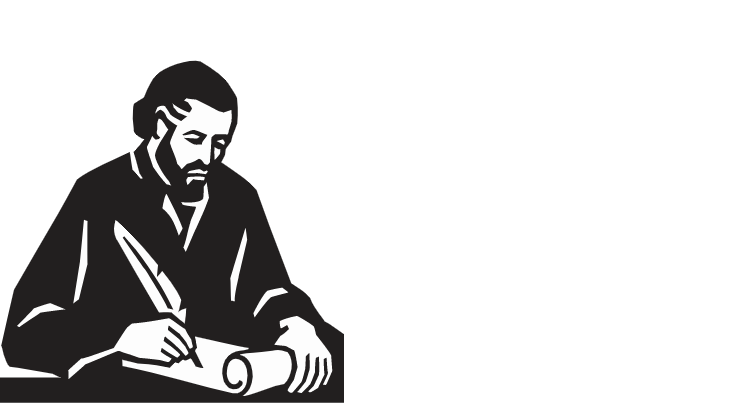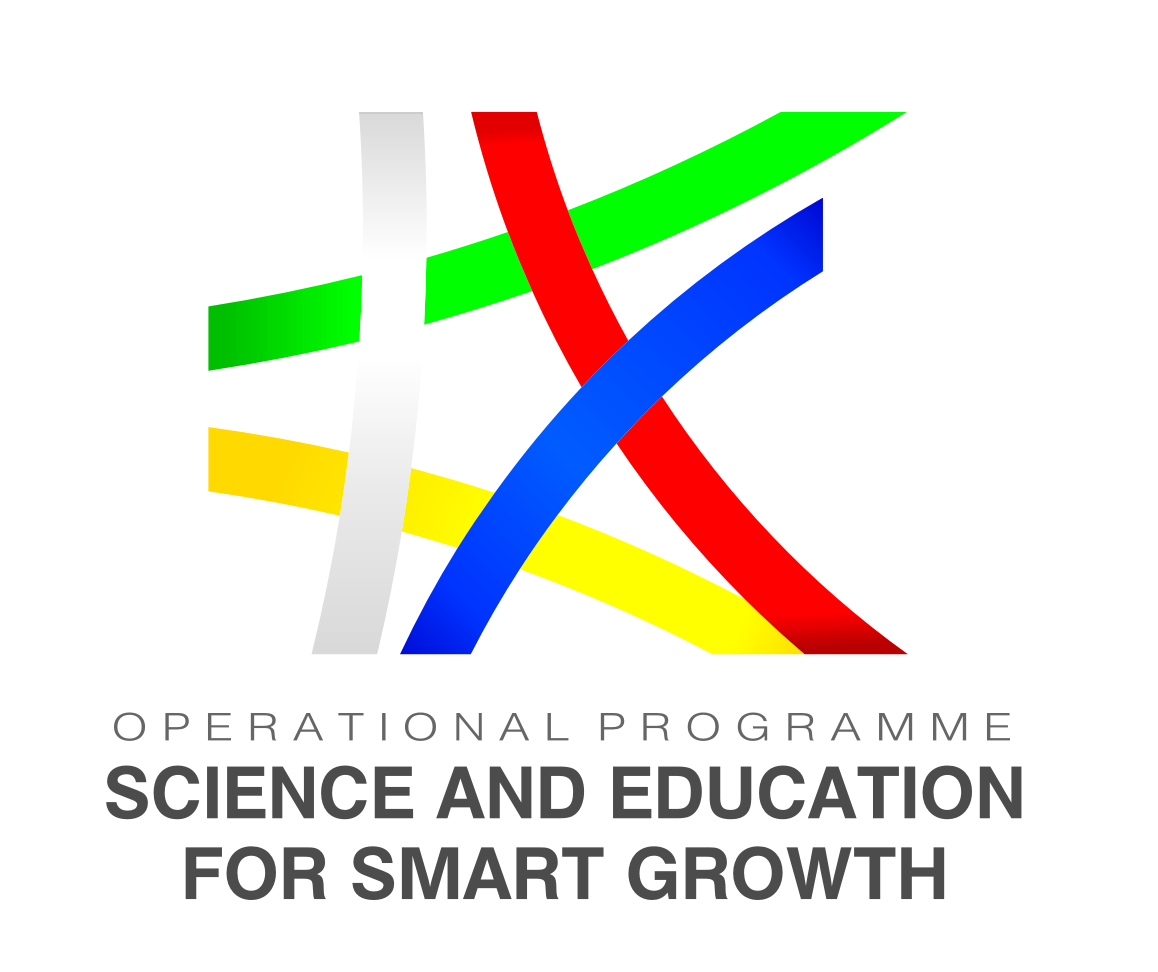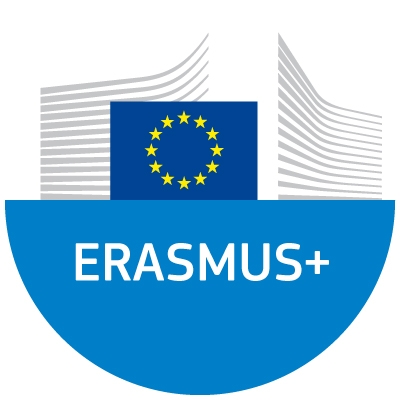Mechanical engineering and technologies
Professional field: Mechanical engineering
Educational qualification: bachelor
Professional qualification:bachelor in mechanical engineering and technologies
Period of study: 6 semesters (3 years)
Forms of study: regular
Evaluation scoring: see annex #4
The study process in the specialty “Mechanical engineering and technologies” is realized through study plan, in accordance to the state regulations, study programs and semester study schedule. The study curriculum successfully implements the educational goals, defined by the qualification characteristics and demands of the main employers in the region.
The study curriculum has been developed in accordance to similar curriculum plans of Bulgarian and foreign higher educational institutions educating students in the same or similar specialties; allows transition from various educational degrees as well as provides opportunities for continuing education for higher educational degrees. The study programs of the disciplines included in the specialty's curriculum combines competences and skills which guarantee sufficient professional qualification for the future graduates.
The specialty's aim is to prepare future graduates for higher educational degrees or work and professional success in production lines in the sphere of mechanical engineering and technologies.
Study curriculum includes basic theoretical and practical skills. Students are supposed to gather certain amount of knowledge and skills in the sphere of mechanical engineering and technologies. They could be divided into three categories: theoretical knowledge, practical and additional skills.
The specialized eligible disciplines for the specialty mechanical engineering and technologies are formed into 4 sections:
SECTION 1 – polymers, composite materials and technologies
Future graduates gain knowledge in: nature of composite materials and non-metal composites; classification of these materials, constitution of polymer composites, made of high-module phases and polymer matrix; factors regarding the quality of polymer composites and capabilities for their regulation; technologies for production of high quality polymer composites and products out of them; effective applications for the products made of polymer composites; criteria for choice of materials and interchangeability; basic principles and specifics by constructing products out of composite materials. Students would be able to: specify composition and properties of various polymer composites, project technologies for production of high quality polymer composites and production out of it; construct products out of polymer composites.
Operational materials in mechanical engineering
Students are trained for: types of operational materials, their application, features, storage, and processing; opportunities for dealing with ecological problems occurring by materials production and recasting. Future graduates would also be able to make correct choices by the choose of materials, depending on exploitation and economic conditions.
SECTION 2 – machine's reliability
Students study about machine's reliability so they could evaluate the exploitation life of technical details and various units.
Control and quality management
Future graduates are trained in: principles of quality evaluation; stages of quality forming; approaches and systems for quality control; statistics regulation of quality; reception control; providing quality control over production construction and production; control by forming the production's quality; quality control through statistic methods; maintaining statistics in reception control.
Ecology and mechanical engineering
Students are trained in: opportunities for application and use of engineering devices for production in mechanical engineering and metalworks; technologies for purifying gas mixtures and waste water; technologies for solid waste purifying; evaluating the existing technical and technological opportunities for preservation of economical resources; environmental preservation and health care; dealing with conflict issues between the working environment and the industry; applying technologies for reduction the environmental influence of production processes in mechanical engineering and metalworking.
SECTION 3 – TECHNOLOGIES FOR LAYING METAL AND NON-METAL COVERAGES
Students are trained in the conventional methods for laying coverages, such as technologies for covering tin, profiles, wires and pipes, as well as recovered and recycled fragments of machinery. Additional attention is payed to the quality of the layers and the technologies for achieving optimal exploitation and economical ratio, as well as to methods for testing and evaluation of protection layers.
Electro physical technologies
Students are trained in: capacities of methods for electro physical and electro chemical treatment of details; application for various methods in mechanical engineering; structure and applicability of various machines, appliances and facilities for electro physical and electro chemical treatment of details. Future graduates would also be able to apply various schemes for electro physical and electro chemical treatment of details; apply various processes for details production in the sphere of mechanical engineering; choose parameters and elements for regimes for electro physical and electro chemical treatment of details.
SECTION 4 – EXPLOITATION, FIXING AND MODERNISATION OF METAL CUTTING MACHINARY
Students are trained in: organizational activities in maintaining, diagnostics and fixing of technological equipment, cartridges and ways of fixing such machinery, as well as types of modernization. Future graduates would also be able to execute diagnostic and fixing of technological equipment.
Technology of woodcraft and woodworking instruments
Students are trained to: be aware of mechanical characteristics of various wood species; standards for logs and boards; basic requirements for gang-saws, band-saws and buzz-saws, as well as basics for their maintaining. Future graduates would be able to: define wood species; create sawing dispositions; settle technological operations and production processes in woodcutting facilities; choose woodcutting instruments in accordance to the executed technological operations.
Specialized practical training is formed in three disciplines:
Study practice I and II
Students are trained in: basic locksmith operations, machines and instruments; specifics by detail's preparation for welding; most spread equipment for manual electrical welding; main issues by the mouldering technological processes. They would be also able to: perform basic manual locksmith operation; prepare details for welding; perform simple welding joints by using electrical welding; define sequence of various operations by making details by mouldering.
Graduates would be capable of: evaluating technological abilities of universal metal cutting machines, as well as operations for processing various surfaces and details production; choose of cutting regimes; correct establishment and attachment of details to concrete machines for achievement of set form and dimensions; operating various instruments and equipment used by working with universal metal cutting machines; types of dies and their constructive characteristics; basic features by production of packet and active pats of dies. They would be also capable of: distinguishing elements of technological processes for details manufacturing, turning of separate joints as well as milling and grinding by following the quality requirements; choosing the necessary technological equipment and instruments for detail treatment; performing installation and configuration of dies.
Study practice III (Computer projecting system)
Students would be capable of: overall functional capabilities of CAD systems, basic principles and techniques by working with CAD systems and professional preferences; dealing with engineering issues through use of new technologies, by themselves. They would be also able to: project machine elements by themselves by using automatic systems; make for themselves skills for collecting, organization and management of data from various types and successful implementing it by dealing with engineering tasks.
After graduation, students from the specialty could continue their education for the educational degree “Master”, at other higher school education institutions.
Last update 13 February 2024











